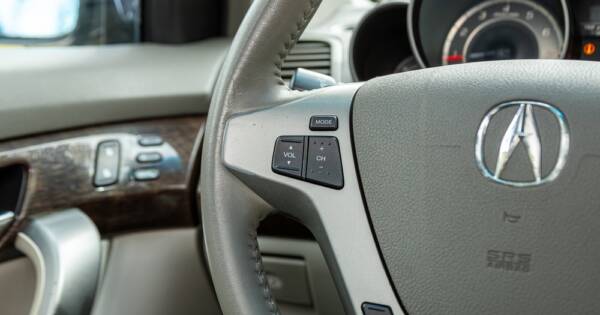Extended car warranties are often offered to drivers looking for extra protection once their original manufacturer’s warranty expires. These plans promise to cover the cost of unexpected repairs, but not everyone agrees on their value. Before signing up, it’s important to understand what they cover, how they work, and whether they’re the right choice for your needs.
What Does an Extended Warranty Actually Cover?
An extended car warranty is a service contract that covers certain repair costs after the original warranty expires. These plans vary widely in what they include. Some cover only major systems like the engine and transmission, while others offer broader coverage that includes electronics and air conditioning. Generally speaking, extended warranties will cover:
- Standard maintenance
- Mechanical defects
- Materials and labor
It’s important to read the fine print. Many plans have a list of exclusions and may not cover wear-and-tear items like brakes, tires, or wiper blades. Some warranties also require you to use approved repair shops or follow strict maintenance schedules to stay eligible for coverage.
Who Sells Extended Warranties?
Extended warranties can come from a few different sources. Car manufacturers sometimes offer their own official plans, which are usually more closely aligned with dealership service standards. Independent warranty companies are also common and often advertise online or through dealerships.
Manufacturer-backed warranties tend to offer more consistent quality and customer service. However, third-party providers may be more flexible in terms of payment plans and repair locations. It’s essential to study the company’s reputation, customer reviews, and Better Business Bureau rating before agreeing to a contract.
Are Extended Warranties a Good Financial Decision?
Whether an extended warranty is worth the cost depends on the age and reliability of your vehicle, how long you plan to keep it, and your ability to pay for repairs out of pocket. For people who drive older cars with a history of mechanical issues, a warranty might bring peace of mind. However, drivers of newer, more reliable vehicles may never use the coverage.
It’s also possible to save for future repairs instead of paying for a warranty. Setting aside money in a separate fund for car expenses can provide similar protection—without the limitations that sometimes come with warranty plans. Keep in mind that some warranties come with deductibles or require you to pay upfront and wait for reimbursement, which could add to your stress when your car breaks down.
The Sales Pressure Around Warranties
Many drivers encounter high-pressure sales tactics when it comes to extended warranties. These offers may arrive by phone, email, or even by mail—sometimes creating a false sense of urgency or implying that the driver’s coverage has expired. In many cases, these communications are not linked to your car’s manufacturer or dealership.
It’s best to treat warranty offers with caution, especially those that come unsolicited. Take time to compare different plans and talk to your dealership or trusted mechanic before deciding. Never feel rushed to buy a plan on the spot.
Things to Consider Before You Buy
Before committing to an extended car warranty, think about your driving habits and how long you plan to keep the car. If you tend to sell or trade in your car within a few years, the warranty may go unused. On the other hand, if you drive high mileage or have a model known for expensive repairs, the coverage could save you money.
Always ask about cancellation and refund policies. Some plans can be canceled within a specific window if you change your mind. Others may allow partial refunds if you sell your car early. Be sure to ask how claims are processed and how long it takes for payment or reimbursement.
Is the Peace of Mind Worth the Price?
Extended car warranties offer security to some drivers—but they are not the right solution for everyone. If you’re someone who wants predictable expenses and dislikes surprise repair bills, a well-researched warranty might make sense. However, for drivers of newer or reliable vehicles, the cost might outweigh the benefits.
Making the Smart Choice for Your Vehicle
Choosing whether to buy an extended warranty is a personal decision that depends on your budget, driving style, and car history. Take the time to read each plan carefully, ask questions, and compare options.
Doing the homework upfront can help you avoid stress—and make sure you’re truly protected when your car needs it most.




